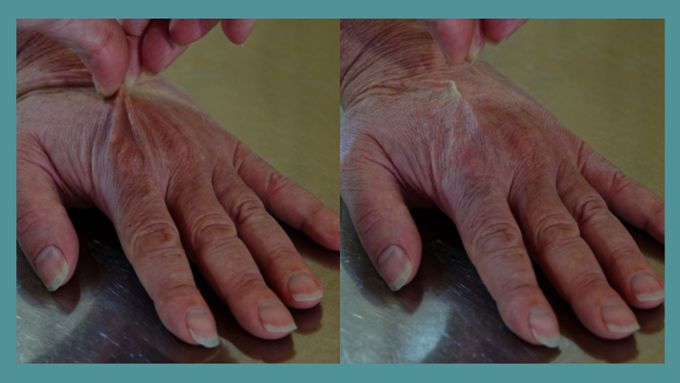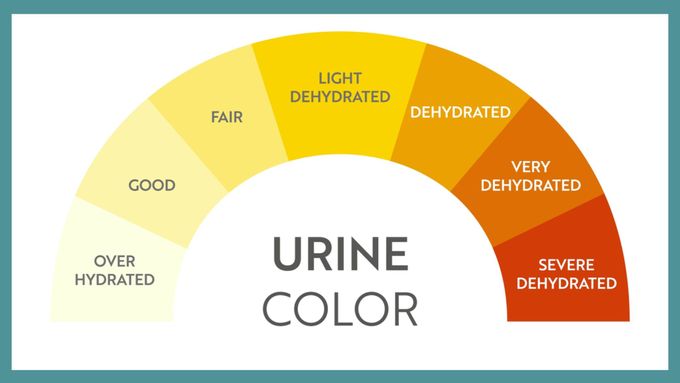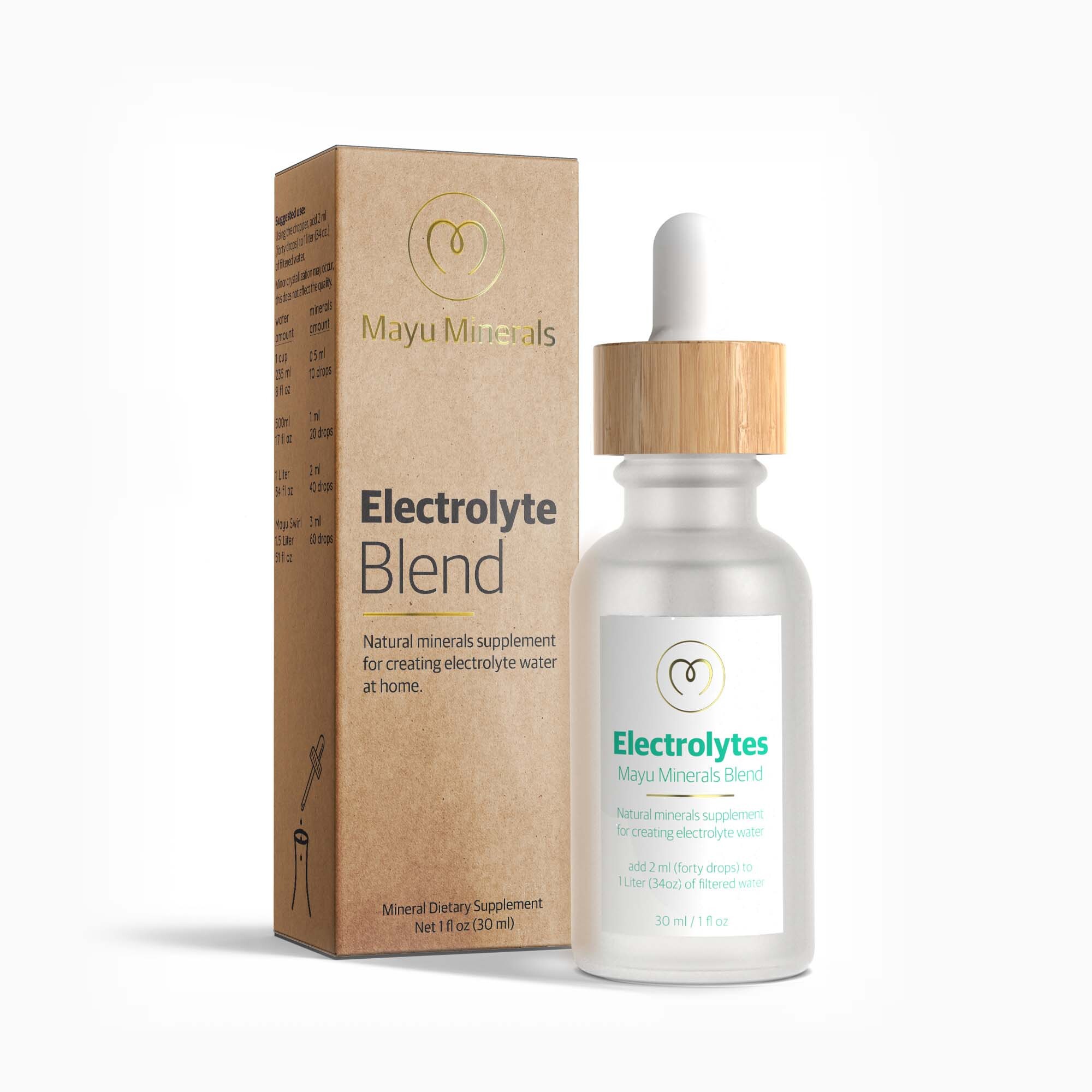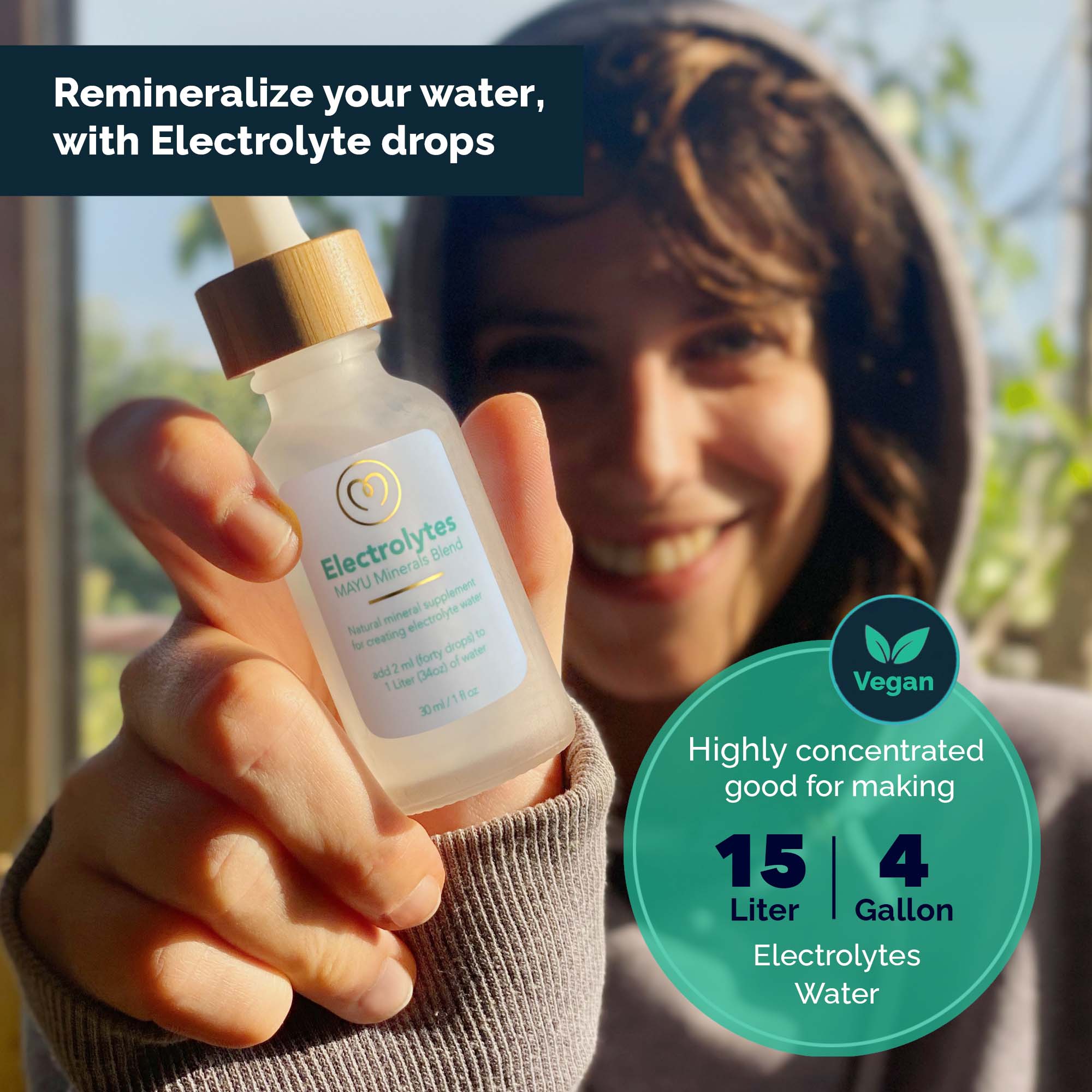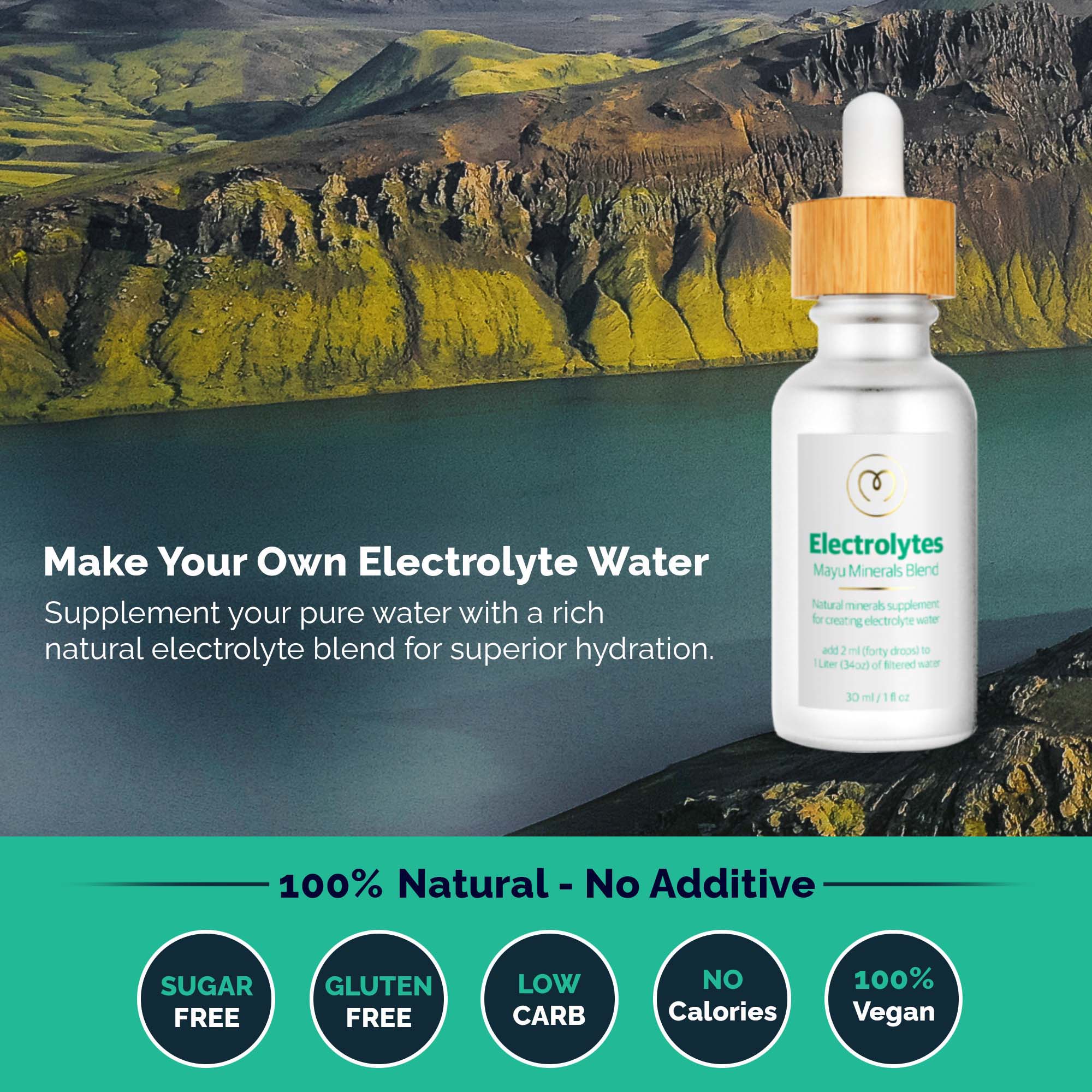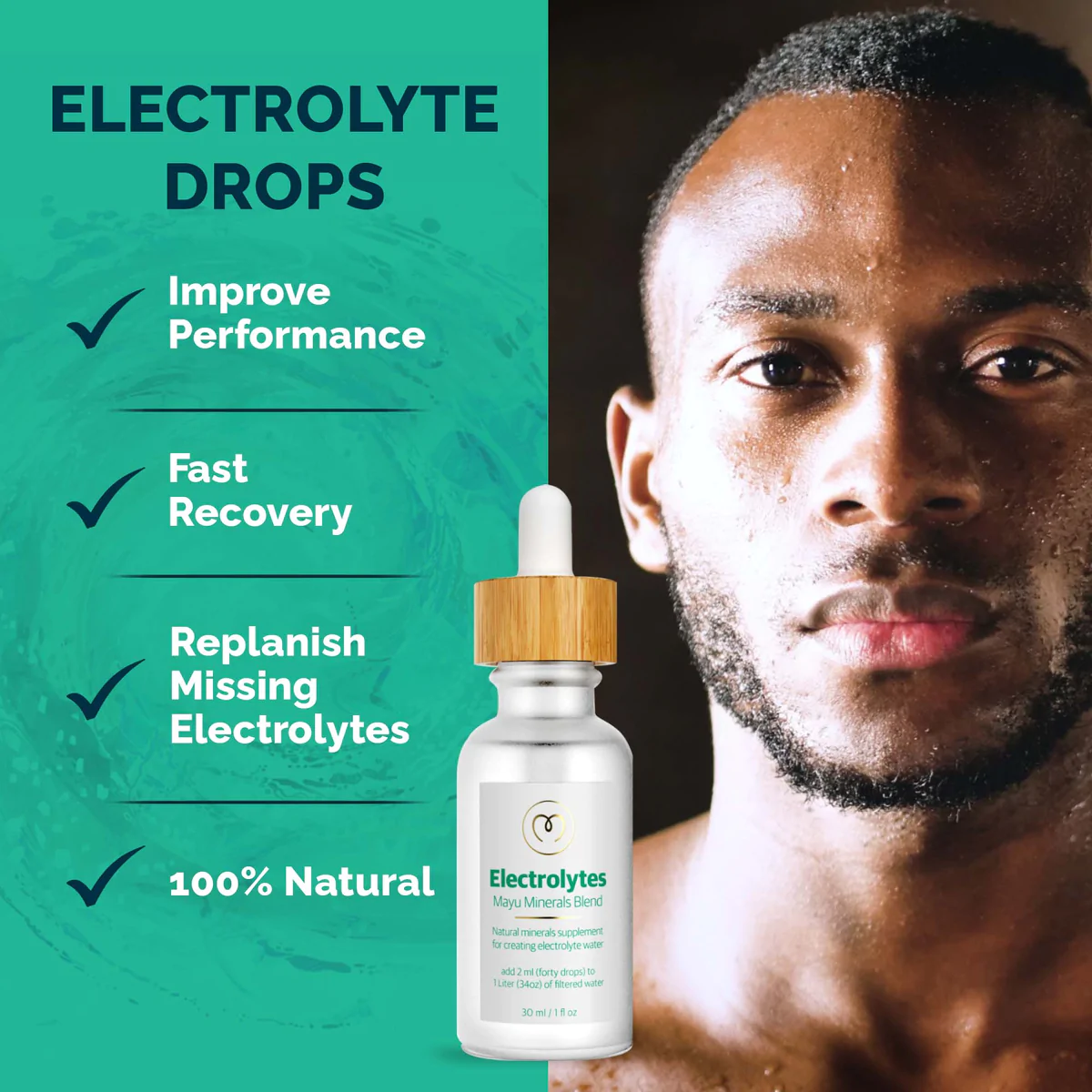Assessing Hydration Status: 3 Ways to Check for Dehydration at Home
Ever felt unusually exhausted or wrestled with persistent headaches? You're not alone
Published October 6, 2024

An estimated 75% of Americans grapple with chronic dehydration, a condition often linked to imbalances in fluids and electrolytes. Spotting subtle signs early and intervening promptly is vital for sustained well-being and athletic performance.
That's why we'll look at everything you need to know about testing for dehydration at home so you can be fully equipped to spot, prevent, and treat it.
3 Ways To Tell if You’re Dehydrated
- Skin elasticity test
- Monitoring fatigue
- Checking urine color
What Is Dehydration?
Dehydration is when the body lacks the essential fluids to function optimally. When we lose more water than we drink, it disrupts the body's balance of essential minerals. Identifying the condition early helps you act to prevent potential complications.
Symptoms of Dehydration
- Increased thirst
- Dry mouth and lips
- Dark-colored urine
- Fatigue and weakness
- Dehydration headaches
- Dizziness
- Dry Skin
- Muscle cramps
1. Skin Elasticity Test
You can assess skin elasticity and turgor by gently pinching on the back of the hand or forearm. It may indicate dehydration if it takes longer to return to its normal position.
» Learn how drinking water helps aging skin
2. Monitoring Fatigue
Even a 2% loss of the body's total water volume can negatively impact energy levels and endurance. Regularly monitoring fatigue levels helps identify potential issues early.
3. Checking Urine Color
Dark-colored urine—particularly a deep yellow or amber hue—may hint at possible dehydration. The Armstrong chart is an excellent way to check for it. But, keep in mind that medications, foods, and supplements can also influence the result.
» Check out the surprising ways dehydration affects your brain
Groups at Risk for Dehydration
- Seniors: There's a higher risk of dehydration due to age-related changes in the body or mobility, making it challenging to drink water regularly.
- Athletes and Outdoor Workers: Active individuals are at a higher risk due to a decreased sense of thirst, increased sweating, and extreme temperature exposure.
- People with Medical Conditions: People with diabetes and kidney problems or those taking certain medications like diuretics may also be prone to dehydration.
» Learn more about the effects of dehydration on cardiac health
How To Prevent Dehydration
You won't need to check for dehydration if you take steps to prevent it. Here are some tips you can follow:
- Consistent fluid intake: Drink plenty of fluids throughout the day, especially water. Aim for at least 64 ounces daily.
- Activity and climate awareness: Be aware of your fluid intake during physical activity or exposure to hot climates.
- Hydrating foods: Eat hydrating foods like fruits and vegetables with high water content, such as watermelon and cucumbers.
- Limit alcohol and caffeine intake: Avoid excessive alcohol and caffeine, which can contribute to dehydration.
- Electrolyte-replenishing drinks: Consider using electrolyte-rich or sports drinks during intense workouts to replenish fluids and electrolytes lost through sweat.
How To Treat Dehydration
1. Rehydrate With Fluids
Sip small amounts of water frequently instead of large volumes all at once. It allows your body to absorb the fluids more effectively.
» Discover ways to add electrolytes to drinking water for maximum rehydration
2. Rest and Cool Down
You should hydrate regularly while working out. In hot weather, find a cool and shaded area to rest. Applying a damp cloth or a cool shower can also help lower your body temperature.
3. Replace Electrolytes
When you're dehydrated, you lose essential electrolytes like sodium, potassium, and magnesium. Drinking sports beverages or electrolyte-rich foods like bananas or coconut water can help replenish them.
Enhance your hydration effortlessly with electrolyte water drops like MAYU Minerals | Electrolytes Drops. By infusing plain water with essential trace minerals, you can quickly optimize your performance throughout the day.
Hydrate and Come Alive
Tune in to your body's signals, meet your basic hydration needs, and stay alert after working out. You can also keep a symptom reference sheet for quick comparisons to address any inconsistencies promptly.
Additionally, you can try using supplements like MAYU Minerals | Electrolytes Drops into your daily routine. They can be a valuable tool in a hydration toolbox, especially for athletes and those with dietary restrictions.





































